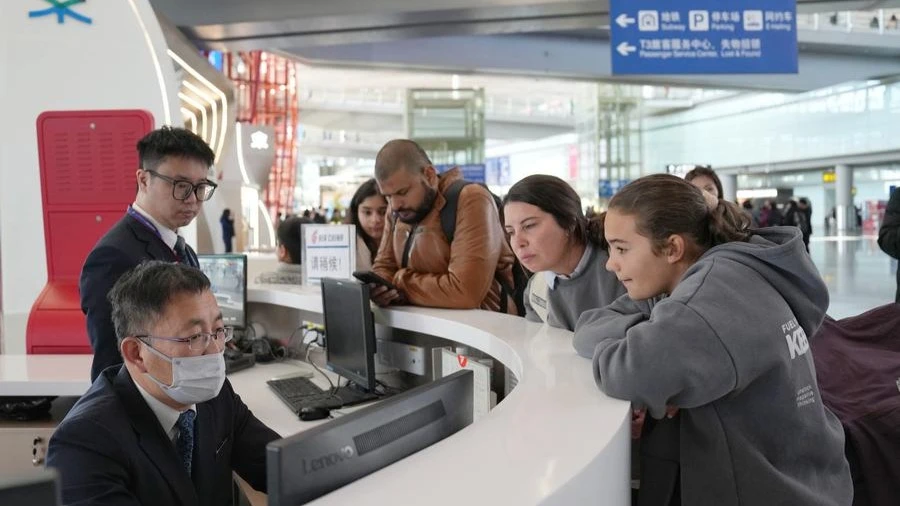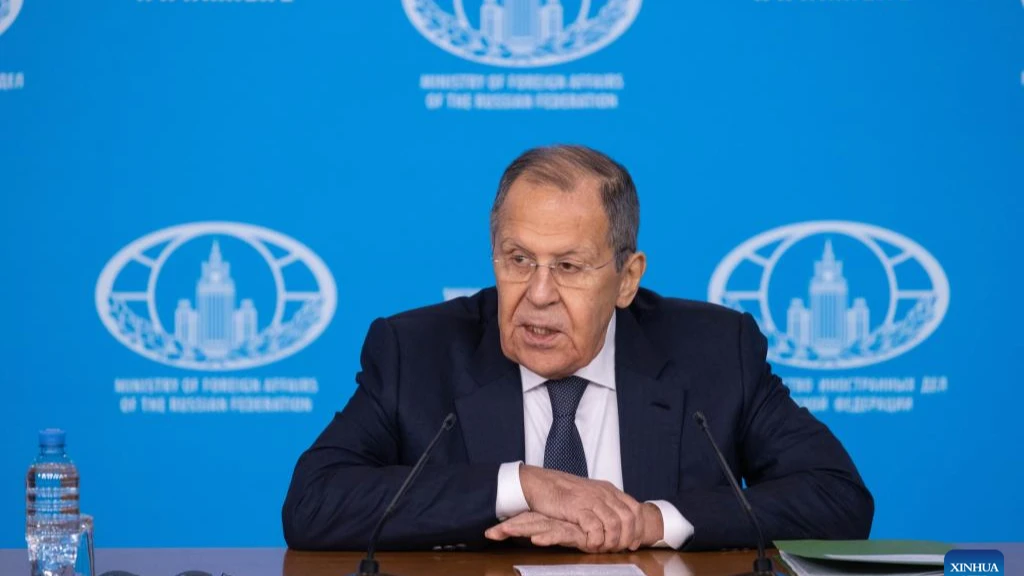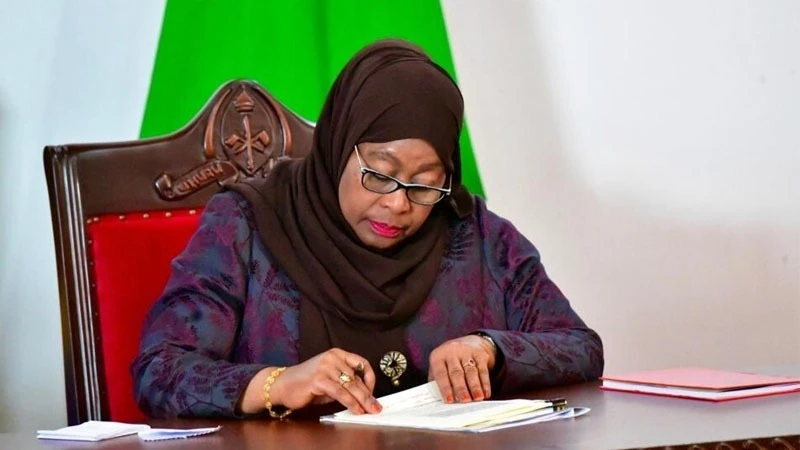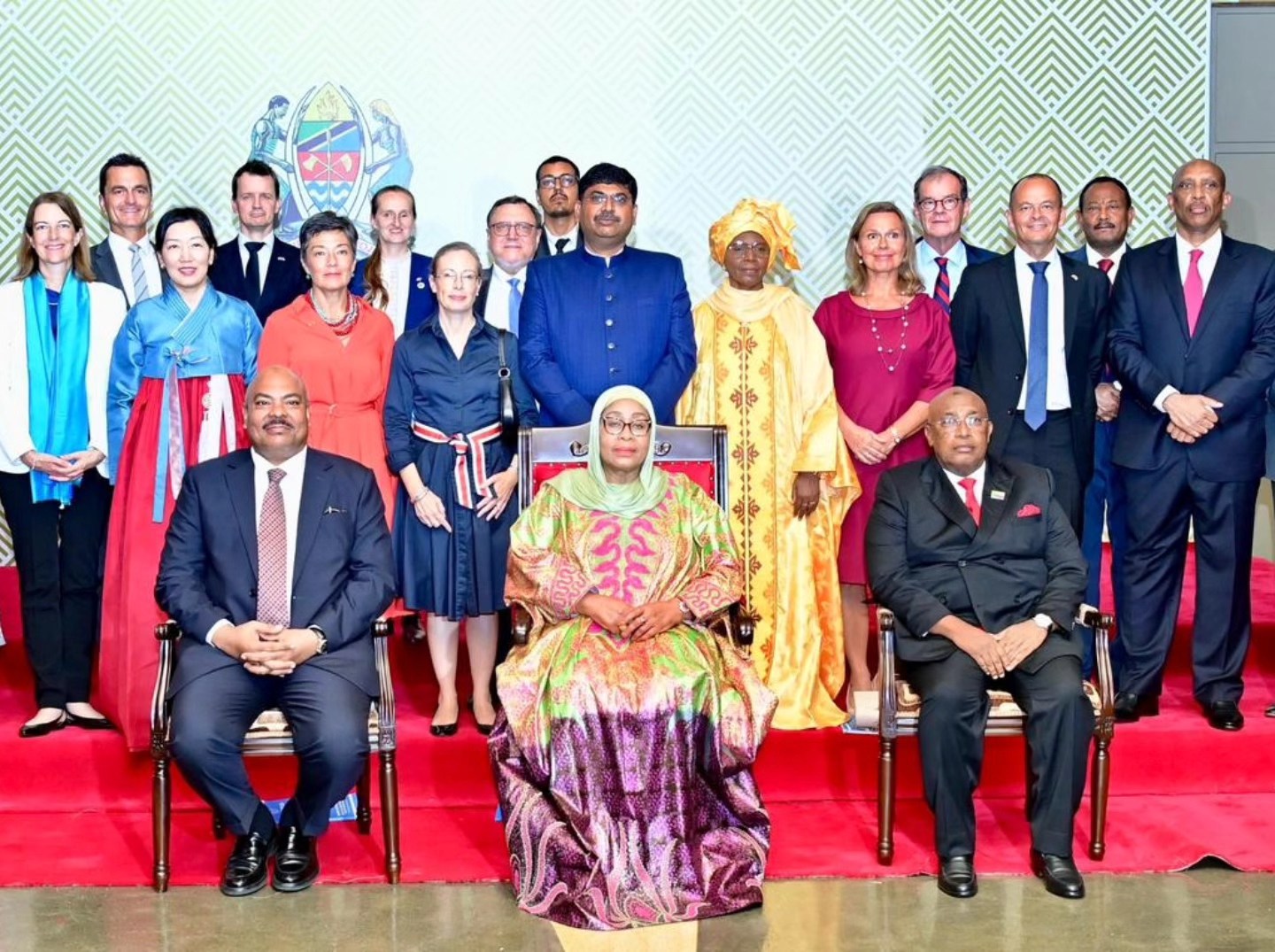UN fund hosts policy dialogue on clean cooking tax
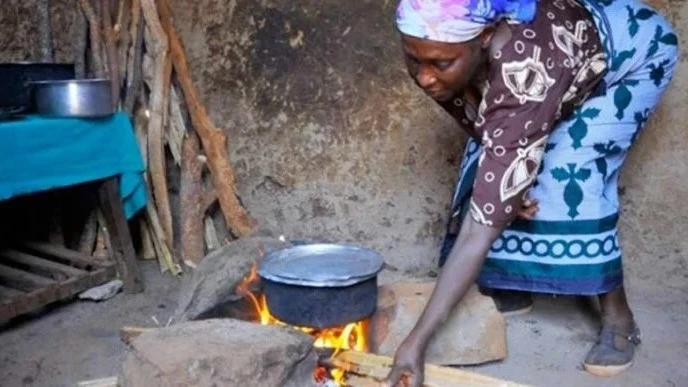
The United Nations Capital Development Fund (UNCDF), through the CookFund Programme funded by the European Union Delegation (EUD) in Tanzania will today host the second in its series of high-level policy dialogue on "Tax Impact on Acceleration of National Clean Cooking Strategy" in Dar es Salaam.
This forum will bring together public and private sector clean cooking stakeholders to identify the current tax landscape, share challenges, and develop actionable solutions to accelerate the adoption of clean cooking technologies in Tanzania.
Several ministries and government agencies will represent the public sector, while key development partners and private sector organizations, including the European Union, Tanzania Private Sector Foundation (TPSF), PwC, and various clean cooking companies and enterprises, will represent the private sector.
The recently launched National Clean Cooking Strategy outlines the government's goal to reduce taxes and levies on clean cooking appliances and energy-efficient stoves by June 2026, further enhancing affordability.
Head of UNCDF Tanzania Peter Malika, stated that the organization is committed to advocating for policy frameworks that support tax relief and incentives for clean cooking solution enterprises in Tanzania.
Malika further remarked, “We are hosting this forum to address gaps and explore opportunities for tax incentives and subsidies that can bolster businesses in the clean cooking sector. Our aim is to foster growth and expand access to clean cooking solutions for more Tanzanian households."
Clean cooking is a critical national priority, affecting every Tanzanian household. Sustainable cooking solutions are vital for improving socio-economic conditions, particularly for women and youth who face challenges related to safety and affordability with traditional methods like firewood and charcoal.
The European Union (EU) is supporting this transition with €19.4 million through the CookFund Programme, providing grants to SMEs that offer clean cooking solutions, transitioning public institutions to cleaner fuel and appliances and national level awareness campaign.
“The current tax structure impacts the entire clean cooking value chain, affecting both companies and end-users. This dialogue is crucial for identifying challenges and developing collaborative solutions to advance the National Clean Cooking Strategy 2024-2034.”
Building on the insights from the previous dialogue, today’s forum provides a platform for stakeholders to identify partners to support their existing initiatives and highlights areas where they can help to address the challenges faced by others.
This collaborative effort supports the government’s ambitious goal, led by Samia Suluhu Hassan and the Ministry of Energy, to ensure 80 percent of the population uses clean cooking solutions by 2034.
The President said during the launching that apart from lowering costs, the strategy will enhance the country’s efforts in fighting against the effects of climate change.
It is estimated that 469,420 hectares of forests are being destroyed each year for the sake of firewood and charcoal.
In November last year, President Samia rallied fellow African leaders and representatives to accelerate clean cooking solutions in the region and help transition some 900 million Africans from biomass fuels to more affordable and environmentally friendly options over the next couple of years.
Top Headlines
© 2025 IPPMEDIA.COM. ALL RIGHTS RESERVED











